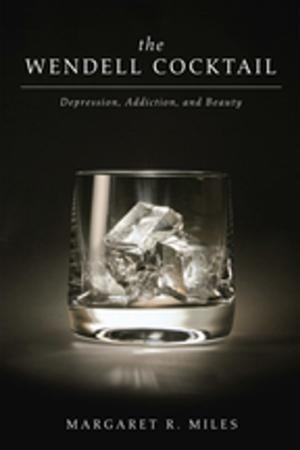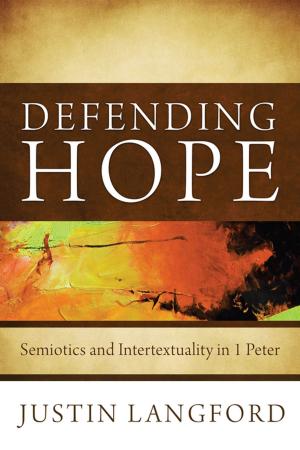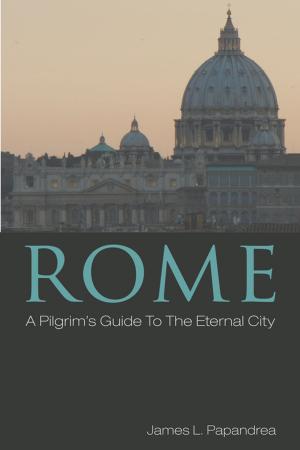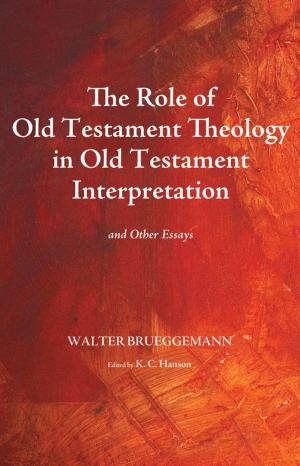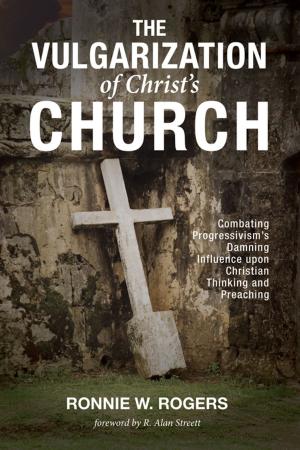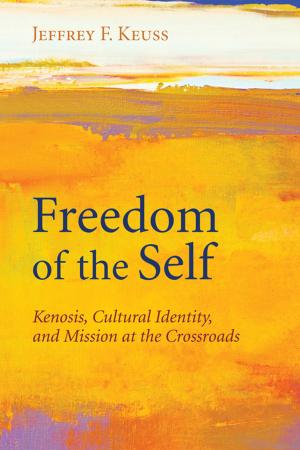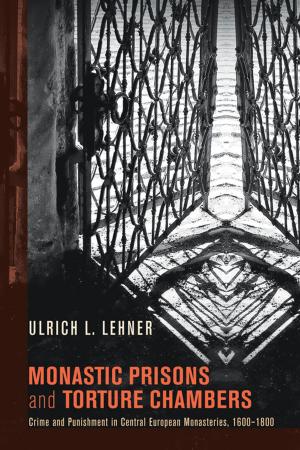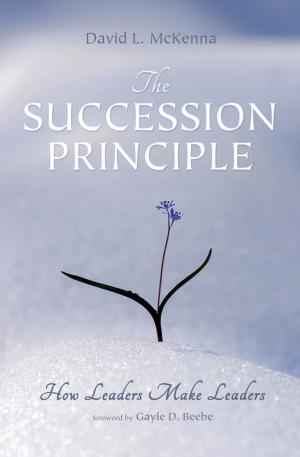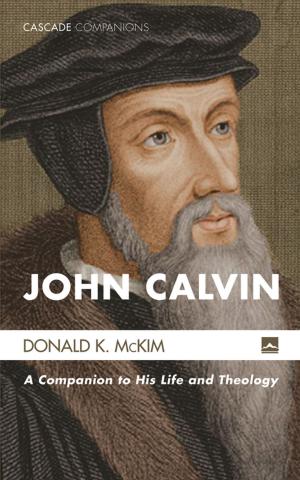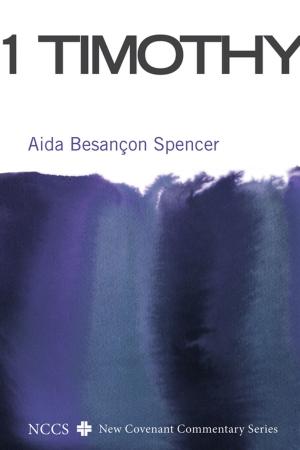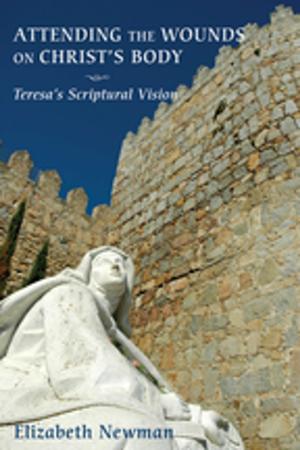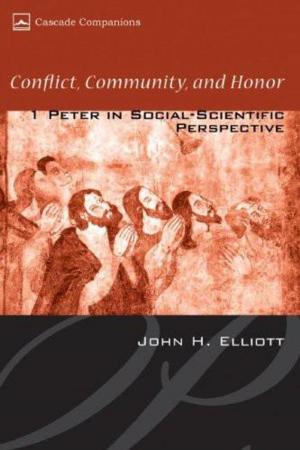Interfaith Activism
Abraham Joshua Heschel and Religious Diversity
Nonfiction, Religion & Spirituality| Author: | Harold Kasimow | ISBN: | 9781498224802 |
| Publisher: | Wipf and Stock Publishers | Publication: | November 4, 2015 |
| Imprint: | Wipf and Stock | Language: | English |
| Author: | Harold Kasimow |
| ISBN: | 9781498224802 |
| Publisher: | Wipf and Stock Publishers |
| Publication: | November 4, 2015 |
| Imprint: | Wipf and Stock |
| Language: | English |
Abraham Joshua Heschel was the towering religious figure of American Jewry in the twentieth century. In Interfaith Activism, Harold Kasimow, who is known for his work on Heschel and on interfaith dialogue between Jews and members of other faiths, presents a selection of his essays on Heschel's thought. Topics include Heschel's perspective on the different religious traditions, Heschel's three pathways to God, his deep friendship with Maurice Friedman and Martin Luther King Jr., and his surprising affinity to the great Hindu Vedantist Swami Vivekananda and to Pope Francis. A new essay examines Heschel's struggle with the Holocaust. Since the late 1950s, when Kasimow was Heschel's student, he has wrestled with Heschel's claim that "in this eon, diversity of religions is the will of God" and Heschel's belief that there must be dialogue "between the river Jordan and the River Ganges."
Abraham Joshua Heschel was the towering religious figure of American Jewry in the twentieth century. In Interfaith Activism, Harold Kasimow, who is known for his work on Heschel and on interfaith dialogue between Jews and members of other faiths, presents a selection of his essays on Heschel's thought. Topics include Heschel's perspective on the different religious traditions, Heschel's three pathways to God, his deep friendship with Maurice Friedman and Martin Luther King Jr., and his surprising affinity to the great Hindu Vedantist Swami Vivekananda and to Pope Francis. A new essay examines Heschel's struggle with the Holocaust. Since the late 1950s, when Kasimow was Heschel's student, he has wrestled with Heschel's claim that "in this eon, diversity of religions is the will of God" and Heschel's belief that there must be dialogue "between the river Jordan and the River Ganges."

